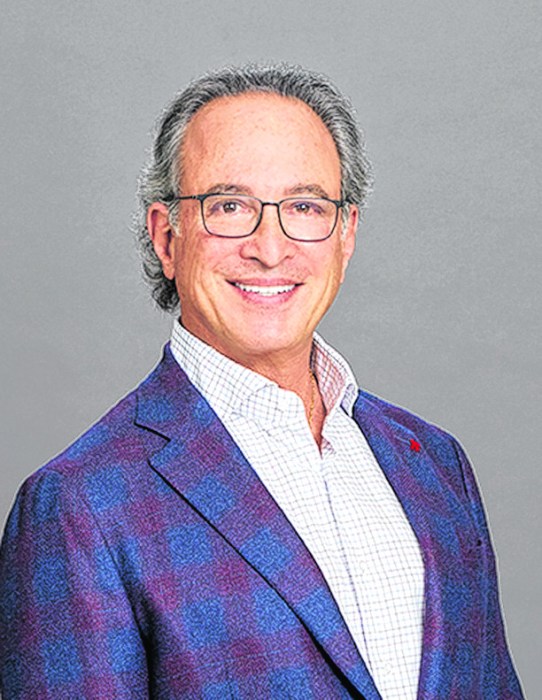Overuse of neonicotinoid pesticides (neonics) poses a mortal threat to bees and other native pollinators. These persistent chemicals contaminate groundwater and destabilize whole ecosystems. Human exposure to neonics is on the rise, and has been linked to developmental and neurological disorders, and possible reproductive harms. In response to the clear scientific evidence of these and other harmful effects, the New York state legislature passed the Birds and Bees Protection Act, which would prohibit harmful and unnecessary neonic uses. We write as Christian leaders deeply concerned for the health of the earth, to urge Governor Hochul to sign this critically important bill into law.
The Birds and Bees Protection Act’s fate is being decided just after the Season of Creation, when Christians around the world prayed for the earth God has entrusted to our care, and renewed our commitment to live up to that trust. So it is only fitting, as Governor Hochul deliberates, to remember three central teachings from Laudato Si, Pope Francis’s encyclical on “Care for Our Common Home.”
First of all, Francis teaches that “genuine care for our own lives and our relationships with nature is inseparable from fraternity, justice and faithfulness to others.” In particular, because environmental harms fall most heavily on those who lack the resources to adapt, “a true ecological approach . . . [must] hear both the cry of the earth and the cry of the poor.” If you can’t afford a water filtration system, how can you shield your family from the neonics in your drinking water? Over 95% of the pregnant women, especially the Latinas, included in a recent study had neonics in their bodies. Overuse of neonics is an injustice visited on the poor, and on communities of color because low-income families are less able to prevent exposure by buying organic produce or filtering their water.
Second, Francis reminds us that the Catechism of the Catholic Church teaches that “[each] of the various creatures, willed in its own being, reflects in its own way a ray of God’s infinite wisdom and goodness,” and that human beings “must therefore respect the particular goodness of every creature.” Pollinators have a God-given value we are obligated to respect. And we depend on them for much of the food that nourishes us. Every creature called into being by God plays an indispensable part in the exquisitely intricate web of the earth’s ecosystems. When we tear carelessly at that web, we do more than diminish its power to sustain us. We dishonor the One who crafted it with such infinite love and skill.
Finally, Francis warns us that the “myopia of power politics delays the inclusion of a far-sighted environmental agenda within the overall agenda of governments.” When this happens, there is a failure of true political authority, which in the words of the Second Vatican Council “must always be . . . directed toward the common good.” We, along with other religious leaders from across the state, urge Gov. Kathy Hochul to set aside the specious, self-interested arguments of those who profit from the overuse of these deadly toxins, and to serve the common good by signing the Birds and Bees Protection Act into law.
The Right Reverend Lawrence C. Provenzano is the Bishop of the Episcopal Diocese of Long Island. The Reverend Peter Cook is the Executive Director of the New York State Council of Churches































